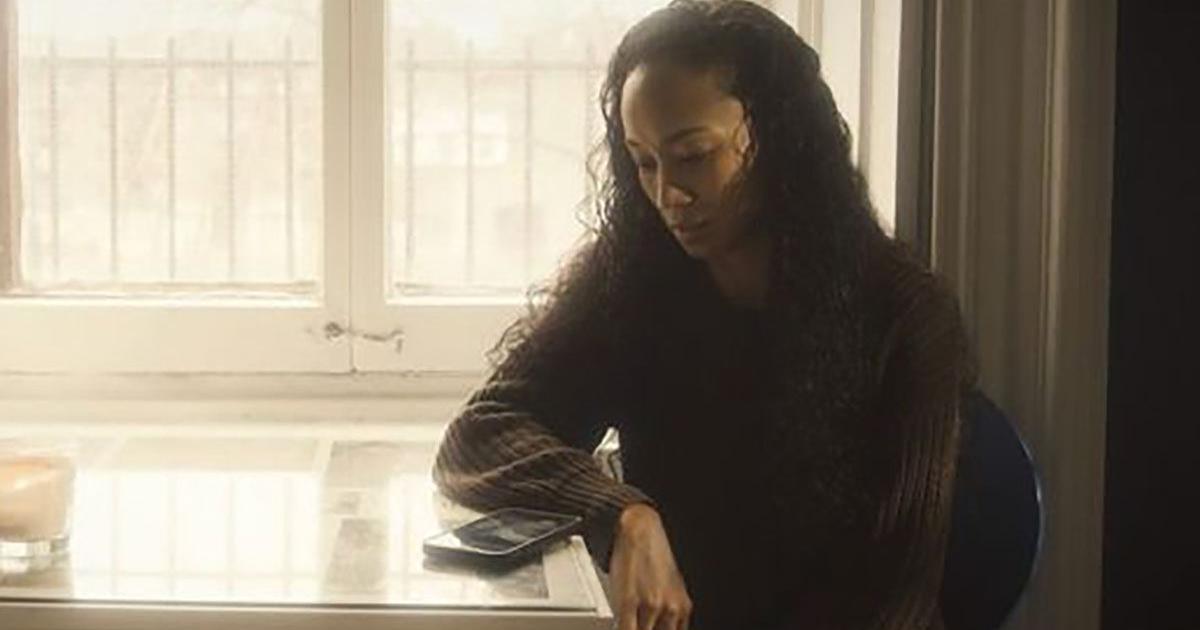JENNIFER COX
FYi
Tiffany Lauren Bennicke wears many hats, especially when it comes to her short film Mais Je Veux Quitter La Fête (But I Want to Leave the Party), which she wrote, produced, and acted in. “Those were only some of the jobs. I was also craft service, script supervisor, location scout, wardrobe — everything that needed to get done on a budget I did it myself,” she said in a recent phone interview from her home in the Laurentians, adding that she and her husband also financed the project and that her acting coach was the director.
The film is loosely based on Bennicke’s life and struggles with mental health. Given the story was so close to her heart, she needed to find a way to distance herself from the rawness of the storyline. “I had a very difficult time in my life, and I wanted to give an honest perspective of my declining mental health,” she explained. “A lot of people experience issues with mental health, but they aren’t easy to articulate. To be honest, it was hell telling the story, so to separate myself from the story a little bit mentally I had to make it a different character from a different part of the world.”
Bennicke was born in Jamaica and has lived in Europe, Los Angeles, and Montreal. “In my brain, by speaking a different language, I could separate myself from the character just enough to tell the story. It’s still an authentic, sincere retelling that is partly fictional and partly personal, but creating a different character for this story was better for me in being able to tell it.”
The film had its world premiere last year in Cannes and has since received 13 awards and 25 nominations. Bennicke also launched her film production company Films de Leave the Party Inc./Leave the Party Films, Inc., and she is working on a sci-fi television series in English.
The topic of mental health was something Bennicke wanted to explore because she thinks that, while we have made strides at demystifying mental health, it’s something that needs to be talked about even more.
“I think we still have work to do. There’s still a stigma in seeking therapy,” she said. “I find that although there’s a lot more awareness, which I’m happy about, there’s still a disconnect as to what that actually looks like. Every individual is unique – you can speak to what goes on in someone’s head, but there’s no way to know how they deal with things. What stresses you might not stress someone else. We have some ways to go in regards to understanding mental health, but the deeper part of this comes from being more open to understand one another.”

Tiffany Lauren Bennicke
Bennicke said she has worked hard to get to a place where she can have confidence in herself, and in the process, she has completely transformed her perspective on things. It’s about looking inward instead of to outside factors when finding inspiration for her work.
“I didn’t always grow up in a cozy environment, and I was very much misunderstood by family, friends, and the culture I grew up in,” she said. “In life, when I was alone in the dark, I had to be my own strength and inspiration. People would ask, ‘Who’s your role model?’ and when you have none, you have to create your own. I’ve never wanted to be like anyone else — everyone else was already taken!
“Jealously is an emotion I don’t quite understand. If there’s something I want, my mentality is, let it inspire you and work toward it. The one advantage to growing up in an environment where I was anxious or misunderstood is that it’s made me who I am. I used to wonder why I didn’t want the same things as everyone else, and today, I’m happy about that. I’m happy that I fearlessly chose what I wanted and didn’t follow the crowd.”






